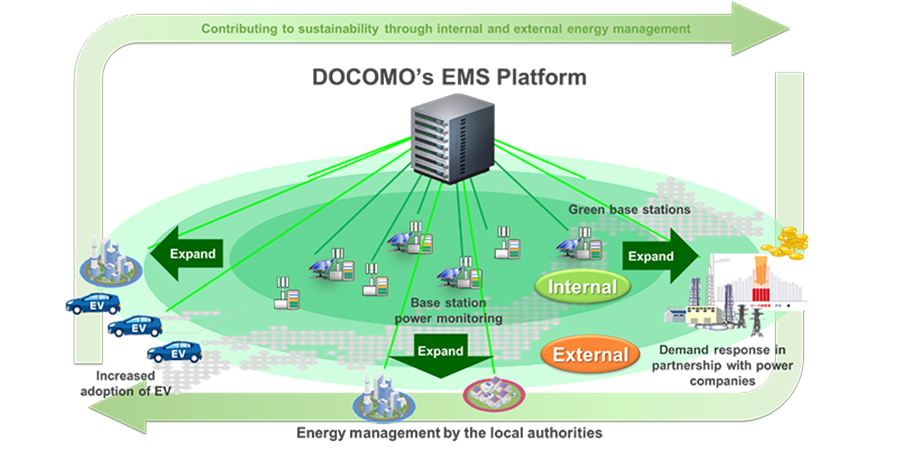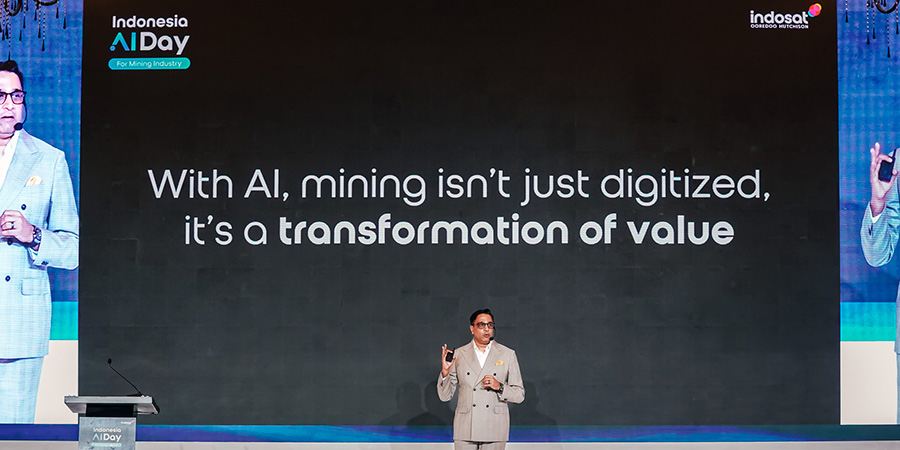NTT DOCOMO recently announced the launch of Japan’s first demonstration experiment of a self-powered hydropower cellular base station on May 30th. The experiment involves DOCOMO’s hydroelectric power-generation system and a jet turbine developed by Professor Yukihiro Shimatani of the Prefectural University of Kumamoto.
The goal is to show that a self-powered base station using water from an irrigation canal can be a sustainable and cost-effective solution for mobile communication networks in rural areas. Based on the results of this experiment, DOCOMO plans to implement a hydropower system for self-powered base stations in mobile communication networks by March 2025.
Latest Technology News: Digital Tech Giants Collaborate to Introduce “Climate Technology Platform”
The jet turbine works by emitting a stream of water to drive the turbines’ rotation and generate electricity. This design simplifies the process and can even be manufactured with a 3D printer. The new hydropower system converts electricity into a suitable form for powering base stations and collects data on electric current, voltage, power, water flow, and pressure.
This data is then transmitted to DOCOMO’s Energy Management System (EMS) platform to monitor and control the power driving the base station. The platform also shows the amount of CO2 reduction achieved with this sustainable hydropower system. While DOCOMO’s green base stations primarily use solar power, this new initiative aims to utilize renewable energy like hydropower in areas where solar panels are not feasible.
Interesting Read: The Rise of Deep Tech in Asia
DOCOMO has set ambitious goals to achieve net-zero greenhouse gas emissions in its operations by 2030 and in its entire supply chain by 2040. The company plans to increase its use of renewable energy as part of its commitment to decarbonization and creating a sustainable, carbon-neutral world.
Latest Industry News: Japanese Consortium Completes 5G Trial from the Stratosphere
Telecom Review Exclusive Feature: Japan’s Smart City: Integrating Sustainability with Technological Advancement







